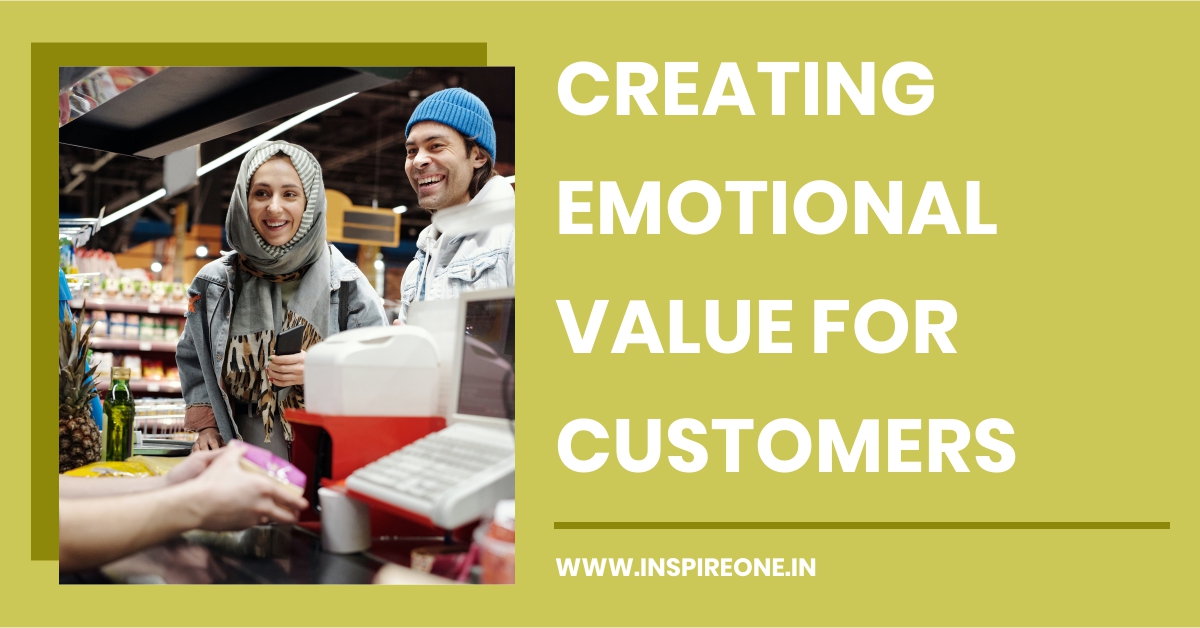“Customer is king”; probably the most overused, misused, misunderstood and inconsistently delivered cliché in the hallways of service. However,quite opposite to the belief some organizations across industries have managed to actually crown and treat their customers like royalty and earn their loyalty by doing so. For the many others customer loyalty still remains an unconquered summit or an unresolved mystery. In order to unlock the mystery of how organizations can consistently deliver service fit for kings there are two questions to be answered. What is critical is that these questions truly be answered from the “core of the hearts” of organizations; only then will they be able to create an impact on the hearts and minds of customers.
So first question really is does the organization “truly believe” that Customer is King?
The answer will reflect organization’s commitment to the customer and how “authentically” the organisation leadership drives customer focus to bolster sustainable profitability.
What differentiates customer focused organizations from the rest of the world is they build on loyalty capital and integrate customer service culture throughout the organisation. While these organisations are evolved enough to pay heed in spirit and action to the age-old adage “Loyal customers enhance profitability better than new customers”, they also believe that “service to the customer” goes beyond the realm of the customer service department. It actually is an organizational Performance Indicator and actually the most critical one for each function and employee. In words of Peter Drucker, “The purpose of any business is to create customers”(create and keep them).
Belief of a customer centric culture organisation is that ‘every” interaction with the customer is a service opportunity.They believe that it is critical to consistently listen and respond to the “voice of the customer” and hence, all elements of their strategy and culture is aligned to “creating value for the customer”.
So whether they are insurance, pharma, high end technology products and services or hospitality the evolved organizations have recognized that the quintessential differentiator can only come from delivering experience that evoke the right emotional response from the customers. Customers are defendable assets and need to be retained.
The second question then is how do organizations ensure that customers are compelled to be loyal to them for their lifetimes. The answer to the question has been in “plain sight” for all of us now for decades. . .however only some organizations have “seen” and therefore embedded the answer in the way they work. High quality products are the hygiene element of the customer experience so what is the differentiation? Customers want “positive, emotionally sensitive and memorable experiences”. It is the challenge of creating “Emotional Value” through customer experiences.
Research conducted by various eminent management schools and organizations has been in various ways highlighting that “Loyalty is a behavior with its roots in emotions”. Positive feelings toward a company keep customers loyal so even when price are rock bottom, customers will leave if they are not treated well. Similarly, incentive programs cannot guarantee loyalty. Most airlines know that even their most profitable high mileage customers will switch if their needs are not responded to with efficacy.
When customers have positive emotions through great experiences they more willingly to tolerate delays and mistakes.
So when do we know that customers will be loyal to us?
Michael Edwardson, an eminent psychologist from the university of New South Wales indicates that setting goals to increase customer satisfaction are meaningless and seriously limit our discovery and understanding of the total customer experience”. In terms of creating loyalty, the most important aspect of customers’ experience is emotional rather than satisfaction based. Edwardson measured the emotional reactions of people who filled satisfaction surveys. He correlates rating on 1 to 7 satisfaction scale with emotional reaction that he ascertains through in-depth interview. The main finding — it is only at the highest level (7) of satisfaction that customers have more positive emotion than negative. And only when customers have strong positive emotions do they choose to be loyal.
Creating Emotional Value for customers through well-defined customer experiences therefore is the challenge that needs to be consistently surmounted if organizations want to reap the benefits of loyal customers.
In our experience the Application of the research above is –
1. Listening to the voice of the loyal customers: Having an in depth insight of loyal customers: How do they define good service? What is irritating about service that they receive? What do they want to feel when they deal with us? Also, finding inward answer to“How are you loyal to your loyal customers?”
2. Designing the customer experience in line with the emotions the customers want to feel: This would encompass aligning the hard and soft aspects of the experience to the desired emotion
3. Right people, Right training, Recognizing and Nurturing: Hiring, developing, rewarding and growing people for the desired experience. The route to this is to also evoke similar motions in employees as you would like them to evoke in customers. Employee retention is closely linked to customer retention.
4. Aligning decision making, policies, processes to ensure consistent delivery of the defined experience.
Leadership staying the course: to lead, inspire, drive and reinforce the imperative of Customer Loyalty.
In Conclusion, the raison d-etre of Creating experiences for customers that would compel them to stay loyal to us has been given very succinctly and aptly by Mahatma Gandhi.
“Customer is the most important visitor on our premises. He is not dependent on us. We are dependent on him. He is not an interruption on our work. He Is the purpose of it. He is not an outsider on our business. He is a part of it. We are not doing him a favour by serving him.
He is doing us a favour by giving us an opportunity to do so.” – Gandhi
Leaders who have been able to transition this poster on the wall to the way their organisation functions, succeed with sustainable business performance through building emotional value for customers.
Ref: Emotional Value by Janelle Barlow and Dianna Maul. Research by Michael Edwardson, university of New South Wales, work done by InspireOne with organisation on creating customer centric cultures.







